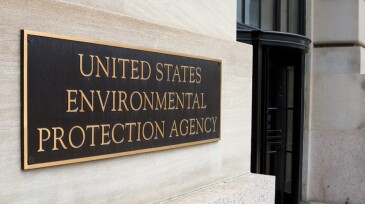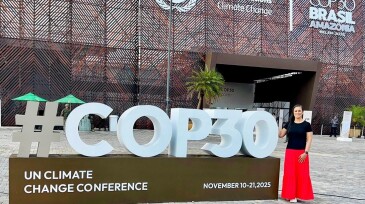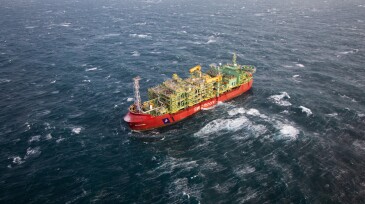regulations
-
In this paper, the authors review and draw lessons from the many firsts in the Teesside CO2 transportation and storage infrastructure project.
-
The US Environmental Protection Agency withdraws its legal basis for federal vehicle GHG standards, setting up potential court challenges.
-
Rystad Energy expects the continent to account for the largest share of frontier and basin-opening wells in 2026 as operators pursue scale and untapped resources.
-
Only about one-third of Africa’s discovered hydrocarbon resources have reached commercialization.
-
This paper assesses the technical feasibility of geological carbon storage in the operator’s Brazilian brownfields, focusing on mature oil fields and associated saline aquifers.
-
This paper explores the evolving role of the digital petroleum engineer, examines the core technologies they use, assesses the challenges they face, and projects future industry trends.
-
The Nigerian Upstream Petroleum Regulatory Commission has set its sights on anticorruption efforts for the 2025 Licensing Round, which began on 1 December.
-
As COP30 wrapped up in Brazil, the country finds itself at an inflection point, positioned to deliver South America’s first carbon-dioxide injection by mid-2026.
-
The North Sea Transition Authority has published its first table identifying 13 operators that are behind schedule in decommissioning their inactive North Sea wells.
-
The decision keeps the effective tax rate on upstream projects at 78%, prompting new warnings that investments will continue to dwindle in the UK Continental Shelf.
Page 1 of 21










